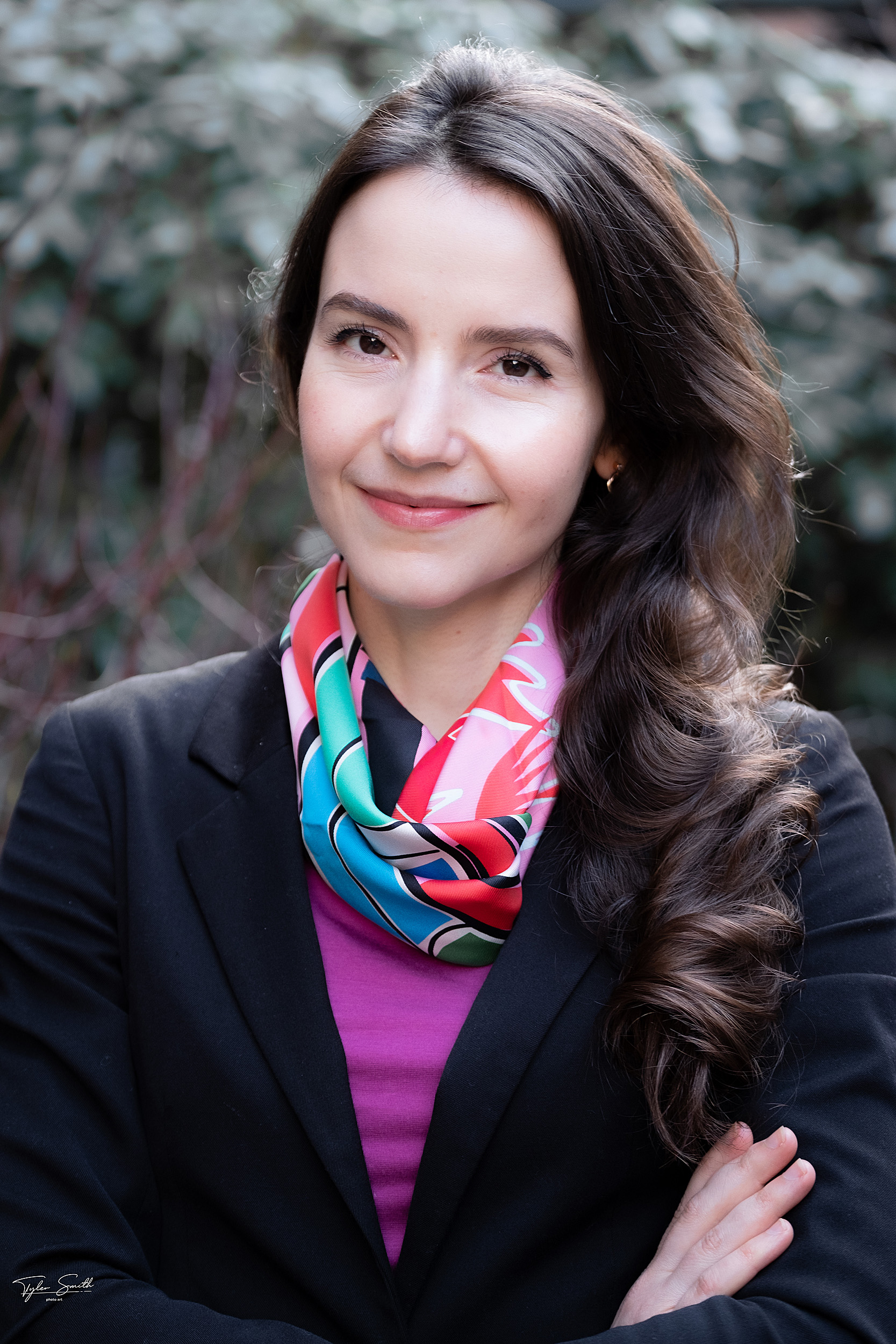Stantcheva honored by Carnegie Corporation
Economics professor named fellow along with 25 others

Photo by Tyler Smith
Professor of Economics Stefanie Stantcheva was named a 2021 Andrew Carnegie Fellow today, joining a class of 26 distinguished scholars and writers focused on research in the social sciences and humanities.
“It is a great honor to be part of this group of amazing recipients, past and present,” said Stantcheva. “It’s very humbling, and I’m grateful to my amazing colleagues at Harvard for their support.”
Stantcheva’s research focuses on improving the design of the tax and transfer system for people and firms. To that end, she examines the long-term effects of taxation on outcomes including innovation, education, savings, and wealth. She also studies the ways in which people perceive and understand public policies such as taxation and trade and environmental policies.
As the founder of the Social Economics Lab at Harvard, Stantcheva developed large-scale social economics surveys and experiments to assess individual attitudes toward such policies. She plans to use the $200,000 fellowship award to expand her research and address misperceptions and misunderstanding of current policies.
“I’m very excited, because the fellowship a great opportunity to keep pushing forward on the project,” she said. “I want to understand the gaps in knowledge that people have about certain policies, especially related to taxation, and determine what sort of information can actually improve people’s understanding and ultimately shape support for these policies, or opposition to them.”
The Andrew Carnegie Fellows Program honors research that addresses vital and enduring issues in society, granting researchers funding for a sabbatical period to study and write about them. The fellows are chosen by a jury of 14 scholars and academic and intellectual leaders from around the world.
The program was launched in 2015 and conceived by Vartan Gregorian, a former history professor and past president of Brown University. Gregorian was president of the Carnegie Corporation from 1997 until his death on April 15.
“The members of the jury will miss Vartan Gregorian — his wisdom, his devotion, and his leadership. He took immense pride in the Andrew Carnegie Fellows Program and was deeply involved in every aspect of the process, personally reviewing each nomination that was submitted,” said John J. DeGioia, chair of the Andrew Carnegie Fellows Program jury and president of Georgetown University. “These projects fulfill Vartan’s vision of universities, academies, and academic associations playing an essential role in producing critical information and advancing knowledge through scholarship. We are grateful for Vartan’s foresight and are proud to continue his legacy as we congratulate our newest class of fellows.”
For Stantcheva, the fellowship is an opportunity to continue her innovative work in large-scale survey design and analysis, which she sees as a complement to traditional economics research.
“This is a bit of an unusual project, because we economists typically look at how policies work and how they should be designed, while here we had a third dimension, which is what policies look like through the eyes of people,” she said. “If we can identify gaps in knowledge and misperceptions about policy, one may be able to fix and close those gaps, people’s understanding could improve, and they could be able to make better policy decisions for themselves.
“These surveys can also alert us to fundamental fairness concerns that people hold, and how they weight the gains of winners and the losses of losers from the outcome of a given policy,” she added. “Seeing what people actually think and feel about that could be a guide for us to make our objectives more encompassing.”



